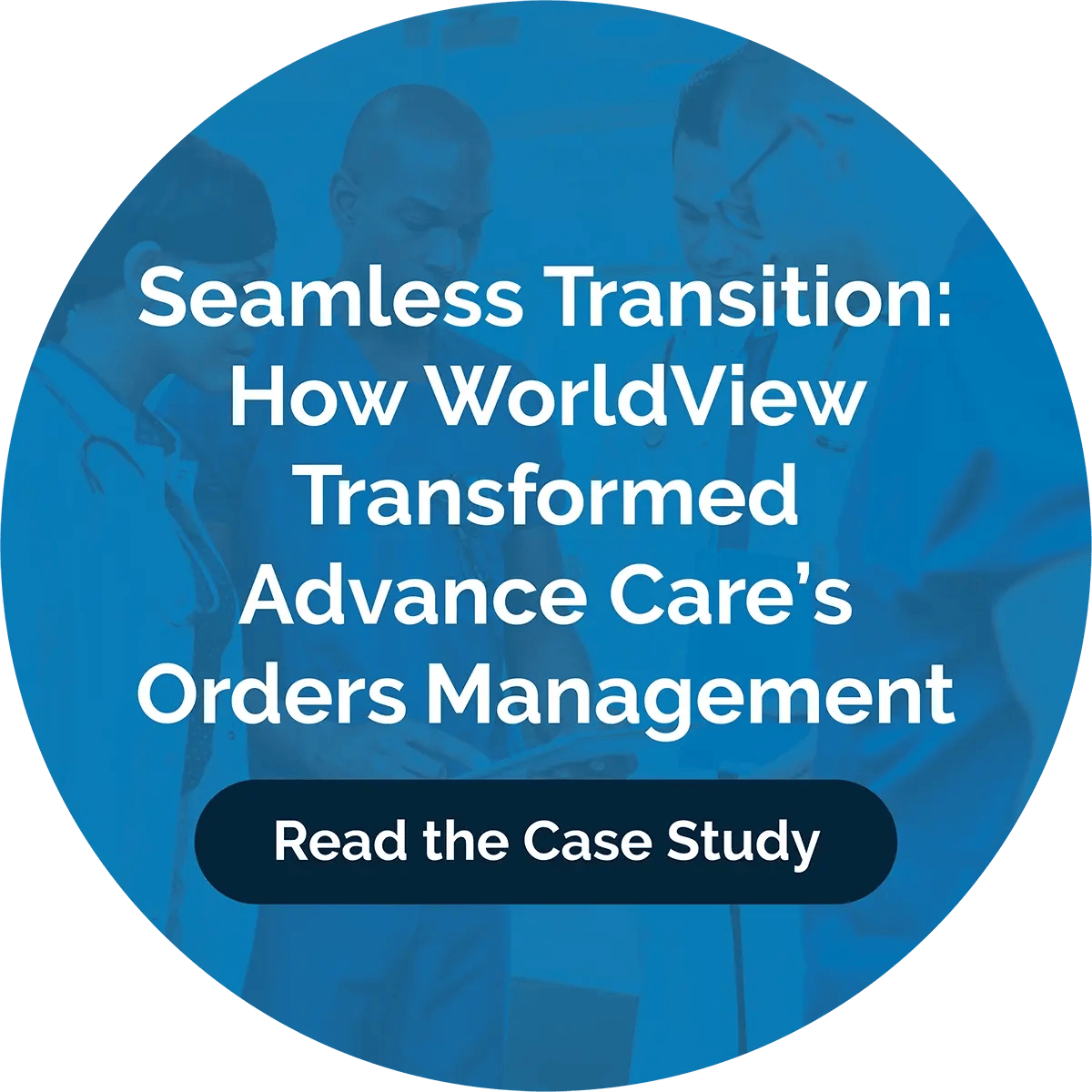Home Health Compliance Requirements

Home health compliance is one of the biggest challenges to running an agency. Compliance requirements for home health providers change regularly, and if you’re not keeping up, you risk fines and other penalties. Here are some tips to help you stay in compliance and relieve your staff’s regulatory stress.
Understanding Compliance Requirements for Home Health Agencies
Home healthcare providers offer care for vulnerable populations, allowing them to stay where they are most comfortable and less exposed to hazards that might be present in a hospital. Like other healthcare businesses, home health services are regulated to protect patients, providers, and insurance companies. With regulations in place, patients can rest assured that their personal data won’t be compromised, while providers and insurance companies have more protection against fraud.
Although these regulations are beneficial, it’s often difficult for home healthcare providers to stay on top of changes, particularly with current staffing shortages. By setting up a compliance program, your healthcare organization can stay on track and in compliance while offering your clients superior care.
The Basic Requirements
Multiple organizations regulate home healthcare agencies, including the Office of the Inspector General (OIG), the Centers for Medicare and Medicaid Services (CMS), and state-level health departments. Depending on your size, your clients, and your experience level, some may be more relevant to your agency than others. In general, OIG and CMS requirements align to protect patients, the insurance company, and your agency from fraud. Basic requirements include:
- Preventing inappropriate referral relationships
- Keeping home healthcare agencies from providing services that aren’t medically necessary for the patient
- Protecting confidential clinical records
The most common requirement for home health compliance certification is aimed at keeping agencies from engaging in inappropriate relationships with their referral partners. While it’s within regulations and even recommended to build relationships with other medical professionals to improve referral rates, it is not appropriate to do business with a hospital or other provider with whom you have a financial interest.
If your home health agency is owned by someone on the board of a hospital, you would need to disclose the relationship for every patient they refer to you. Likewise, you are not allowed to offer compensation, kickbacks, or other incentives to providers to persuade them to refer patients to your agency.
To protect patients, it’s important to have all the right documents in place to prove that you met with your client’s certified physician and verified their needs for home health. Setting up a care plan with your patient and their physician will help ensure that the patient is receiving medically necessary services.
Finally, HIPAA guidelines require you to keep all patient records secure. Since your care team accesses these records on mobile devices, you need to use software that is encrypted and inaccessible if the device is lost or stolen.
Common Compliance Issues
In general, the most commonly reported compliance issues in home healthcare include:
- Failure to disclose financial relationships between referral agencies
- Home healthcare providers not documenting all criteria showing that their patients are eligible for home care
- Service providers treating patients in ways that are medically unnecessary
- Failing to write up a plan of care with a patient before starting treatment
- Providing incomplete or incorrect documentation
- Not providing patient records on time
- Failing to protect patient records on mobile devices with encrypted software
If you’re short-staffed, you might run into these compliance issues because your team is rushing to care for patients. They may not have the time or knowledge to fill out paperwork or thoroughly investigate referral partners. However, a home health audit might uncover problems with documentation.
Without a compliance plan in place, there is no way to guide each member of the team through proper procedures and set up compliance checks and balances along the way.
Penalties for Compliance Violations
The penalties for non-compliance vary based on the regulation. In every circumstance, violations are costly. Improperly filed claims can cost between $10,000 and $20,000 per violation. HIPAA violations can cost $25,000 each.
If you end up being liable for a fraudulent Medicare or Medicaid claim, you’re also at risk of being charged with a felony.
Remain Compliant With Our Integrated Software Solution
Setting up a compliance program can help you stay in line with regulations without impacting much of your caregivers’ time. With a home health agency compliance checklist, you can set up standards and procedures to help each member of your team process patients in the same way.
Our home health compliance software offers an integrated platform that lets you manage contracts, patient records, and more, staying in compliance with regulations. With a streamlined process, you can minimize human errors that lead to compliance violations and set up a trackable paper trail for each patient.
Keep your team accountable and compliant. Schedule a demo today to find out how we can help you stay compliant.
Blog Post Tags
HealthcareGet Awesome Content Delivered Straight to Your Inbox!
Posts by topic
- Healthcare
- Business
- AI
- Hospice
- AP Workflows
- Home Care Management
- hospice-care
- General
- Industry Insights
- agency
- Blog
- Commercial
- reporting
- Data Analytics
- billing
- referrals
- News
- Referral AI
- business goals
- Operations
- business development
- partners
- Integration
- Healthcare Trends
- leadership
- Medicare
- Compliance
- audit
- medicaid
- Better Charting
- Home Health Reimbursement
- Medicare Compliance
- regulations
- Application
- Automation
- CMS Updates
- finance
- CRM
- DMSi
- Events
- KanTime
- LUPA Threshold
- Press Release
- Revenue Growth
- home Health Operations
- hospice workflow
- AP Automation for Distributors
- Announcements
- Artificial Intelligence
- EHR
- ESign
- Guides
- Homecare Homebase
- Mobile
- PDGM 2026
- Physician Order Tracking
- accounts payable burnout
- axxess
- clinical
- distribution accounting workflow
- document management
- interoperability
- invoice processing automation
- mobile documentations
- payor
- secure messaging healthcare
- workflow automation See All See Less


.png?width=596&name=19%20(3).png)
.png?width=596&name=23%20(1).png)
.png?width=596&name=1%20(18).png)